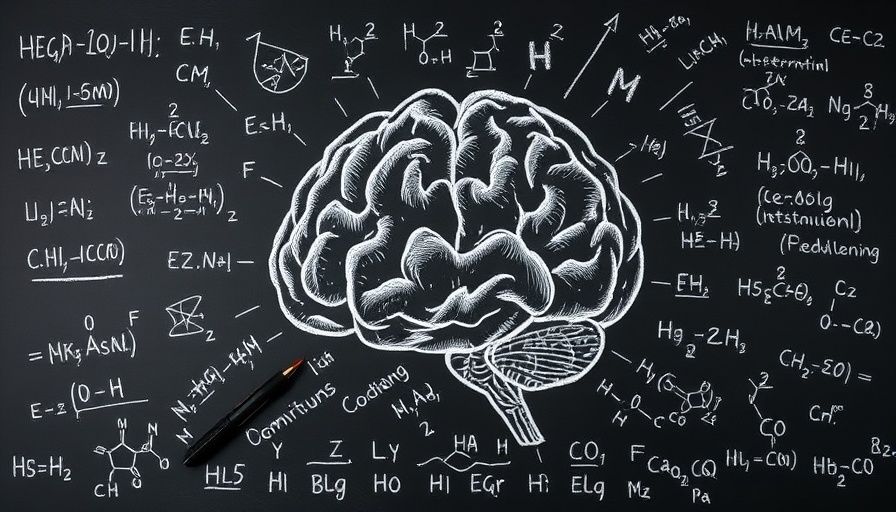
Pickleball: The New Frontier of Mental and Physical Fitness
Picture this: a sunny afternoon, the sharp pop of a plastic ball meeting your paddle, laughter filling the air as players dart and pivot in a dance of strategy and reflex. This isn’t just another backyard game; it’s pickleball, the sport sweeping across America. With nearly 5 million players hooked on its addictive blend of competition and camaraderie, pickleball is transforming into a powerful tool for enhancing mental sharpness and age resilience.
The explosive popularity of pickleball isn’t just about having fun; it’s about reaping the significant neurological benefits that come from engaging in this sport. Players are not only working their muscles but are also providing their brains with a much-needed upgrade, enhancing proprioception—the brain’s internal GPS for body movement. This improvement is critical for balance, coordination, and fall prevention, especially as we age.
Proprioception Training: Pickleball’s Secret Sauce
When Louisa Nicola, a neurophysiologist, examined pickleball through her expertise, she recognized it as a unique sport that doubles as proprioceptive training. Understanding where our bodies are in space is essential, and for many, as we grow older, this internal GPS begins to weaken, leading to a higher risk of falls and injury. However, engaging in sports like pickleball can serve as a brain tune-up.
Each time a player lunges for a shot, they are not just reacting; their brain is engaged in a complex dance of processing visual cues, juggling depth perception and reaction times, and anticipating their opponent's next move. Nicola emphasizes that this full sensory experience forces the brain to adapt and grow, making pickleball not just a physical workout but a vital exercise in neuroplasticity—the brain's ability to rewire itself through practice.
The Social Benefits that Shield Against Cognitive Decline
Pickleball is fundamentally a social sport, and this social interaction provides a vital defense against cognitive decline. Research links feelings of loneliness with a 28 percent higher risk of dementia. Playing pickleball fosters camaraderie and community, helping players build relationships in a fun and engaging atmosphere.
Moreover, the mental benefits of pickleball don’t necessitate a paddle. Simple drills, such as tossing a ball back and forth or engaging in other coordinated activities, can effectively mimic the benefits derived from playing pickleball. This accessibility means anyone, regardless of physical ability or skill level, can start protecting their minds with these basic activities.
Pickleball: More Than Just a Game
As the game grows in popularity, it symbolizes more than just a fun pastime; it is a movement toward healthier aging. The blend of physical exercise with cognitive challenges allows players to maintain their mental acuity and physical agility well into their later years.
In Massachusetts, where the sport is gaining momentum within community centers and parks, adults interested in alternative medicine and healthy aging find that incorporating pickleball into their routines can yield positive effects on well-being and mental health.
Embracing a Pickleball Lifestyle
For those intrigued by pickleball's uplifting potential, there are plenty of local clubs and facilities that offer beginner classes or open play sessions. It's a wonderful way to meet fellow enthusiasts, maintain fitness, and enhance mental capabilities—all while enjoying the thrill of the game.
So whether you’re a seasoned athlete or just looking to get started, consider joining the pickleball community. The court is calling, and it’s beckoning you to unlock your brain’s potential one volley at a time.
 Add Row
Add Row  Add
Add 




Write A Comment